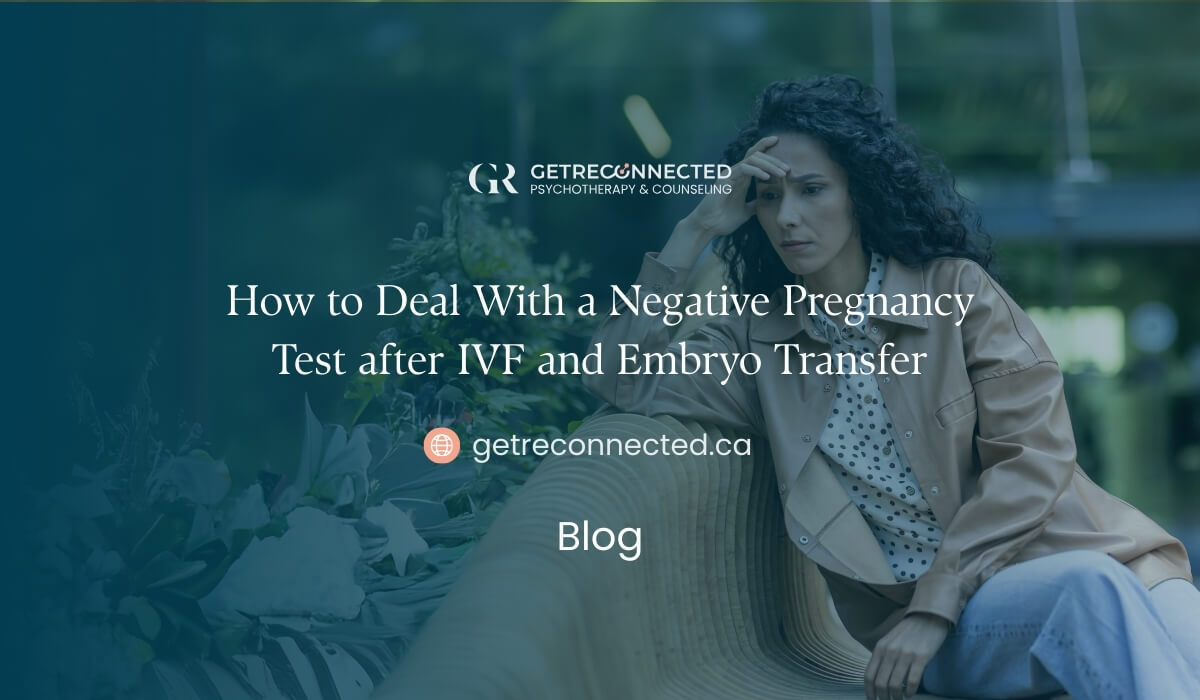Dealing with the Emotional Rollercoaster After IVF Failure

IVF failure can feel as if an emotional tsunami. One moment you're filled with hopeful anticipation, the next, you're overwhelmed by feelings of grief. It's a difficult cycle that can leave you feeling your sense of self. Connecting with loved ones, joining a support group, or seeking professional help are all valuable tools for navigating this tumultuous journey. Remember that you're not alone in this.
Finding Strength in Community: Support Systems for Infertility Journeys
Infertility can feel like a isolating journey. The emotional and physical challenges can sometimes make it difficult to see past the present pain. However, remember that you are not unsupported. Building a strong community of understanding people can be an invaluable source of strength during this difficult time.
Connecting with others who understand your experiences can offer a sense of relief. Sharing your emotions and listening to the stories of others can create a space of belonging. Consider joining community centers specifically for individuals navigating infertility. These spaces provide opportunities to learn from one another, share coping strategies, and build lasting relationships.
Remember that seeking out community is not a sign of weakness; it's a essential act of self-care. By surrounding yourself with understanding, you can navigate the complexities of infertility with greater strength.
Dealing with Emotional Stress After IVF Failure
The journey through IVF treatment can be emotionally tumultuous, and when faced with unsuccessful outcome, it's natural to experience a range of complex emotions. Regret are common feelings, as is anger. It's important to remember that you are not alone in this journey. Many individuals and couples who undergo IVF go through similar obstacles. Seeking support from trusted loved ones can be a valuable first step in coping with these feelings.
Also, consider exploring professional help from a therapist or counselor specializing in infertility. They can provide tools to understand the emotional impact of IVF failure and develop healthy approaches for moving forward. Remember, taking care of your mental well-being is crucial during this time.
Navigating Grief and Loss: Understanding the Emotional Toll of Infertility
Infertility can be a deeply painful/difficult/heartbreaking experience, often leading to intense feelings of grief and loss. Many/Some/Numerous individuals struggling with infertility may encounter/feel/experience a sense of longing for a child they've been unable to conceive, which can manifest as a profound emotional burden/weight/strain. It's important to acknowledge that these feelings are valid/understandable/normal, and seeking support is crucial during this challenging time.
Sharing your struggles/experiences/pain with a get more info therapist can help you process your emotions and feel/gain/develop a sense of connection/understanding/belonging. Remember/Keep in mind/Understand that you're not alone/isolated/going through this by yourself in your journey, and there are resources available to provide guidance and comfort/support/assistance.
Finding a New Path After IVF
IVF process can be emotionally demanding. It's common to feel a range of sentiments, from excitement to disappointment. Despite the outcome, it's important to nurture resilience and hope as you proceed a new path.
Remember that your strength lies in your ability to transform. Embrace to mourn any loss, and find for comfort from loved ones, a therapist, or support groups.
Creating a sense of hope requires focusing on the chances that lie ahead. This could entail exploring alternative parenting options, discovering new passions, or simply appreciating the present moment.
You are not alone on this road. With determination, you can thrive and build a future filled with meaning.
Prioritizing Your Well-being: Self-Care Strategies for Fertility Treatment
Embarking on fertility treatment can be an emotionally and physically demanding experience. It's vital to prioritize your well-being during this time. Self-care isn't a luxury; it's necessary for navigating the ups and downs of treatment successfully.
- Incorporate mindfulness techniques into your daily routine. Consider yoga, meditation, or deep breathing exercises to ease anxiety and promote a sense of calm.
- Nourish your body with nutritious foods that provide energy and support your overall health. Stay hydrated by drinking plenty of water throughout the day.
- Connect with loved ones who offer understanding and encouragement. Sharing your feelings and experiences can be incredibly healing.
- Engage in activities that bring you joy. Whether it's reading, listening to music, spending time in nature, or pursuing hobbies, make time for things that renew your spirits.
- Establish healthy boundaries. Learn to say "no" to commitments that drain your energy or add unnecessary stress.
Remember, taking care of yourself is not selfish; it's an act of self-love. By prioritizing your well-being, you can navigate fertility treatment with greater resilience and hope.